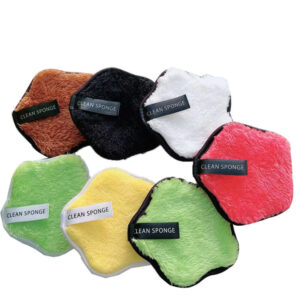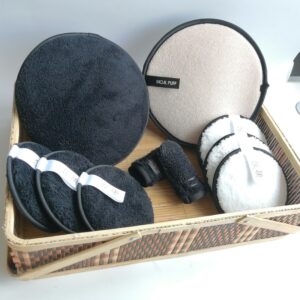A cotton mesh bag, also known as a cotton net bag or cotton produce bag, is a type of reusable bag made from cotton mesh fabric. It is designed for carrying and storing various items, particularly fruits, vegetables, and other groceries.
Here are some key features and functions of a cotton mesh bag:
- Material: Cotton mesh bags are typically made from 100% natural cotton fibers. The mesh fabric allows air circulation, preventing the accumulation of moisture and maintaining the freshness of the stored items.
- Reusability: Cotton mesh bags are eco-friendly alternatives to single-use plastic bags. They are designed to be reusable, reducing the consumption of disposable bags and minimizing environmental waste.
- Lightweight and compact: Cotton mesh bags are lightweight and foldable, making them convenient to carry around. They can easily be tucked into a purse, backpack, or pocket, ready for use whenever needed.
- Versatility: While commonly used for carrying produce, cotton mesh bags can serve various purposes. They can be used for storing and organizing small items, such as toys, toiletries, or laundry items. Some people even use them as beach bags or for storing gym essentials.
- Washable: Cotton mesh bags can be washed and reused, helping to maintain cleanliness and hygiene. They can usually be machine-washed or hand-washed using mild detergent.
- Drawstring closure: Most cotton mesh bags feature a drawstring closure at the top, allowing for easy opening and closing of the bag. This closure helps secure the items inside and prevents them from falling out.
- Breathability: The mesh construction of the bag allows airflow, which is particularly beneficial for storing fresh produce. It helps to prevent moisture buildup and extends the shelf life of fruits and vegetables.
By using cotton mesh bags instead of single-use plastic bags, you can contribute to reducing plastic waste and promoting sustainability. These bags are practical, versatile, and environmentally friendly options for carrying groceries, organizing items, or simply reducing your ecological footprint.


